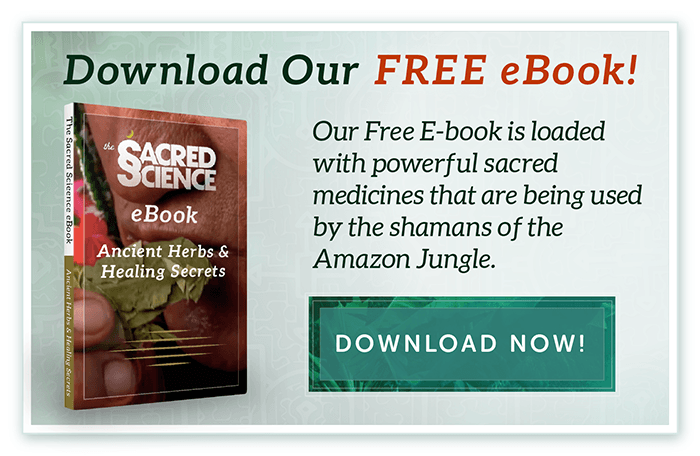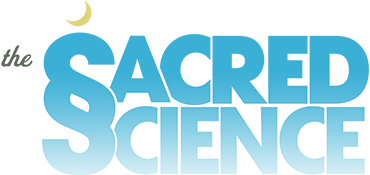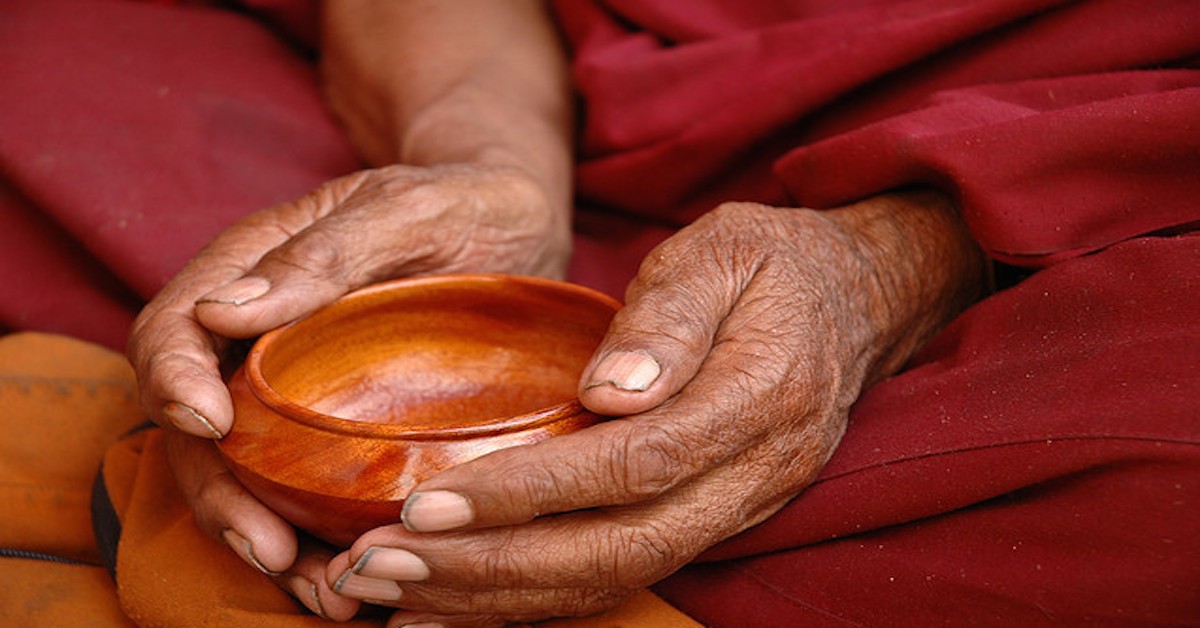What do Jesus, Muhammad, and the Buddha all have in common? They each turned to a particular ancient wellness practice during the most transformative and trying periods of their lives. If you were raised Christian, Jewish, Muslim, Buddhist, Hindu, Rastafarian, or Mormon, you’re probably familiar with the concept of fasting.
Is it just a coincidence that these heroic people, who lived thousands of miles (and hundreds of years) from each other, all turned to this specific protocol in their hour of need?
Today’s piece was a real treat because of the universality of this ancient technique. I love when a healing practice has concrete value from both a medical perspective and a spiritual one.
Let’s start with the sacred and then move to the science.
When Mahatma Gandhi was asked why he fasted, he said he had been inspired by memorable quotations of noteworthy human beings who’d fasted before him.
Here are a few of those:
- A passage from Exodus regarding Moses states, “He was there with the LORD forty days and forty nights; he did neither eat bread, nor drink water. And he wrote upon the tables the words of the covenant, the ten commandments.”
- One of Muhammad’s disciples, Abu Umamah, came to him for guidance exclaiming, “Order me to do a deed that will allow me to enter Paradise.”, and Muhammad answered, “Stick to fasting, as there is no equivalent to it.
- Perhaps one of the most notable fasters, Jesus Christ, who beat the devil in the desert while on a 40 day fast, advised “When you fast, do not put on a sad face as the hypocrites do. They neglect their appearance so that everyone will see that they are fasting. I assure you, they have already been paid in full. When you go without food, wash your face and comb your hair, so that others cannot know that you are fasting – only your Father, who is unseen, will know. And your Father, who sees what you do in private, will reward you.”
When pondering the above spiritual leaders, a few commonalities jump out at me immediately. Heart, Creativity, Endurance, and Direction.
As one of my mentors tells me, model success. And I believe fasting is a part of that.

The Science of Fasting
Aside from its positive psychological and spiritual effects, fasting has been endorsed by just about every medicine tradition (including modern medicine) for the health benefits it promises.
Hippocrates, the father of Western medicine, believed fasting enabled the body to heal itself stating, “Everyone has a doctor in him; we just have to help him in his work. The natural healing force within each one of us is the greatest force in getting well. …to eat when you are sick, is to feed your sickness.”
Paracelsus, another founder of modern medicine, wrote 500 years ago that “fasting is the greatest remedy, the physician within.
According to Benjamin Franklin, “The best of all medicines is resting and fasting.”
Real Health Benefits:
Fasting reduces the amount of input your digestive system needs to break down and reassemble. The stomach, pancreas, gall bladder, liver, and intestines get to rest (a Sabbath for your insides.). And rest is restorative.
Every tradition interprets the term “fasting” to mean different things. The biblical fasts that Jesus and Moses performed were extreme, “water only” fasts while a more moderate Chinese interpretation of fasting means “eating a vegetarian diet”.
Like many of my nutrition savvy friends, Chinese medicine sees cleansing the body of toxins as a function of vegetable consumption. The classics say, “Grains are for energy, meats for strength, and vegetables for keeping the body clean.”
If you would like to try a fast for more than 24-48 hours, I would personally recommend starting with a fast like the one below.
Here’s a very common week-long fast in Buddhist practice:
For 7 Days, eat the bulk of your protein (whether vegetable based or other) in the morning and afternoon. For dinner, prepare a plant based meal using greens like kale, dandelion, spinach, collard greens; some cruciferous vegetables like broccoli, cauliflower, cabbage; and a starchy veggie like acorn squash or sweet potato.
Fun fact: Buddhists have been known to fast on water only for up to 72 days!
When I was a youngster, my father gave me a nugget of wisdom that has always stuck with me – “In many realms of life, less is more.”.
Until next time,
Nick Polizzi



10 Responses
Hey this is a very good read.
Dear Sacred Science Team,
I am very pleased to get your emails and your wisdom in the same time.
Thank you, you do a great job.
Kind Regards,
Luiza
Surely, all the indigenous people all over the global has sense of sacredness in the process of every productions. Sense of belonging to the family of the universe, every creation has spirit and the sacredness, food is more than food, not only material value, but spiritual values. Before, the indigenous people gathering food or medicine from the forest, firstly, they need to ask the permission from forest spirits, the food, the medicine, they will take them only what they needs and must be shared to other people in the community. If some body take more than needs, some bad things will happen in life. They have no concept of accumulation, but only take and care for sustainable for future generation.
I just love what I receive from you! Thank you, thank you, thank you!
Wow….your daddy was wise…less is more.
I would have loved to have heard that at 8 years old…
But, I kinda new it. Laughing and hangin’ w/ my collie were simple pleasures that made me totally happy.
Thank you. Great article. Inspired!
Here will be long texts about new website
The human body has a system that creates digestive enzymes and metabolic enzymes or the healing and repairing enzymes. This is called the enzymatic pool. The more digestive enzymes we create, the less healing and repairing are created. Eating cooked food forces the body to produce more digestive enzymes as food cooked over 118 degrees destroys that foods natural digestive enzymes. Eating raw food produces less need for our digestive enzymes, but still requires some. Fasting allows the body to produce more healing and repairing enzymes and therefore we should not only practice caloric restriction, we should fast one day out of the week, three days in a row each month and two weeks in a row every year.
I have practiced this for the last 47 years personally and have encouraged the same with my patients. It is truly a blessing…. Dr. James Chappell
Thank you Nick for this article about fasting.
Science and Religion are in favor of fasting.
Enlightenment is manifested when Mind & Body and are in purified statr. Fasting contributes to such state.
I have been practicing Intermittent Fasting and I am Grateful.
Blessings to all
Mohammad is anything be heroic. Sorry but Anyone who believes in Mohammad are damed to hell already cos he was and his teaching are the most cruel cult teaching on Earth. He was a mad man filled with Demons and his plan even now is to destroy all things good amd right in the World he was and is not a dreamer but a destroyer. You need Do more resurch. And never ever compare him to Jesus or Budda or any others. Sorry but its Offencieve. Thx.
As a Muslim I believe fasting has amazing benefits to our bodies. after a few days of fasting in Ramadan, a person starts noticing clearer skin, less hunger, clearer thinking and more energy.
I also believe that the way we fast is the best way because we do it for day light only and then we can eat anything we want so we don’t deprive the body of any essential nutrients hence that a fasting person can not eat big meals you just simply can’t your stomach gets full quickly and that is why we lose weight fasting. and breaking the fast is as important as fasting itself, you have to do it slowly like first eating one to three dates, then fermented yogurt then soup to prepare the stomach for digestion then we go pray for like 10 to 15 minutes and come back to start the cooked meal. If you start eating everything together without a break you will have a bad case of indigestion. drinking water is very important too during the night, and another thing we do to keep our bodies strong for the next day is Suhoor, which is light meal before bed or before sunrise. This step dose magic to our level of energy during fasting. it’s the way Allah (God) has instructed us to do and who know better than God 🙂